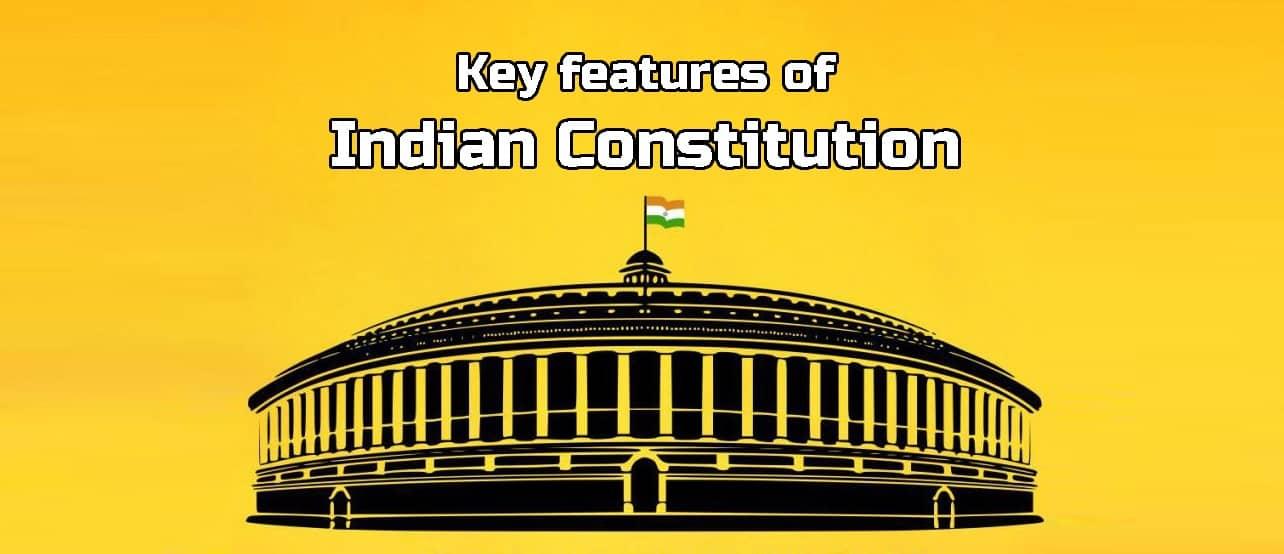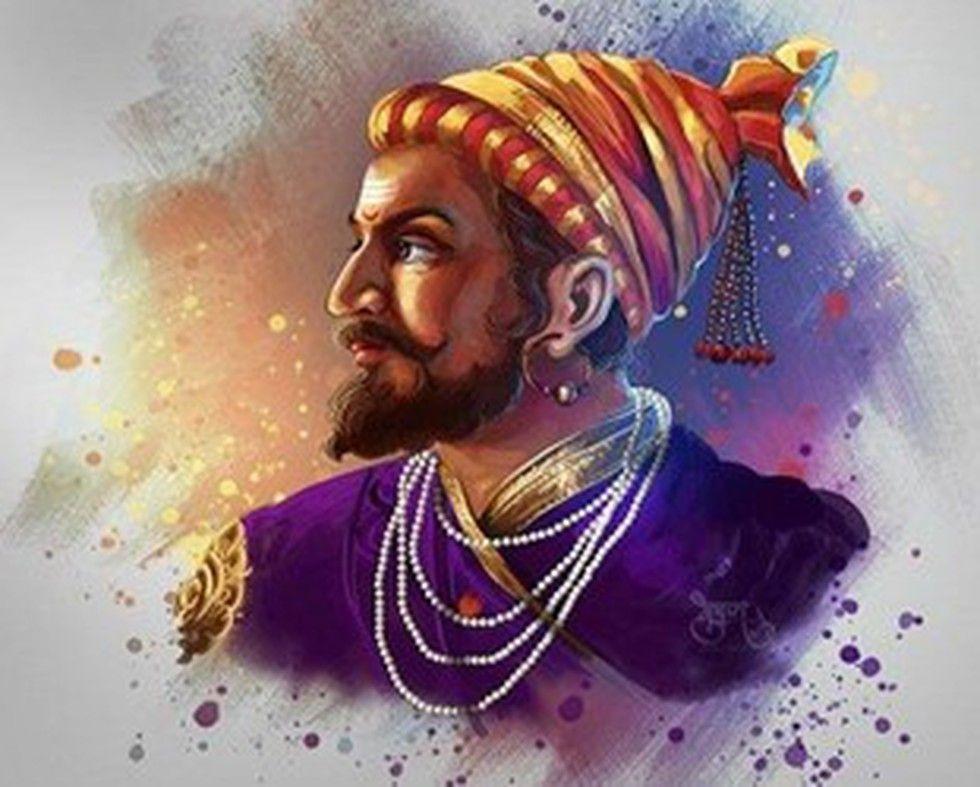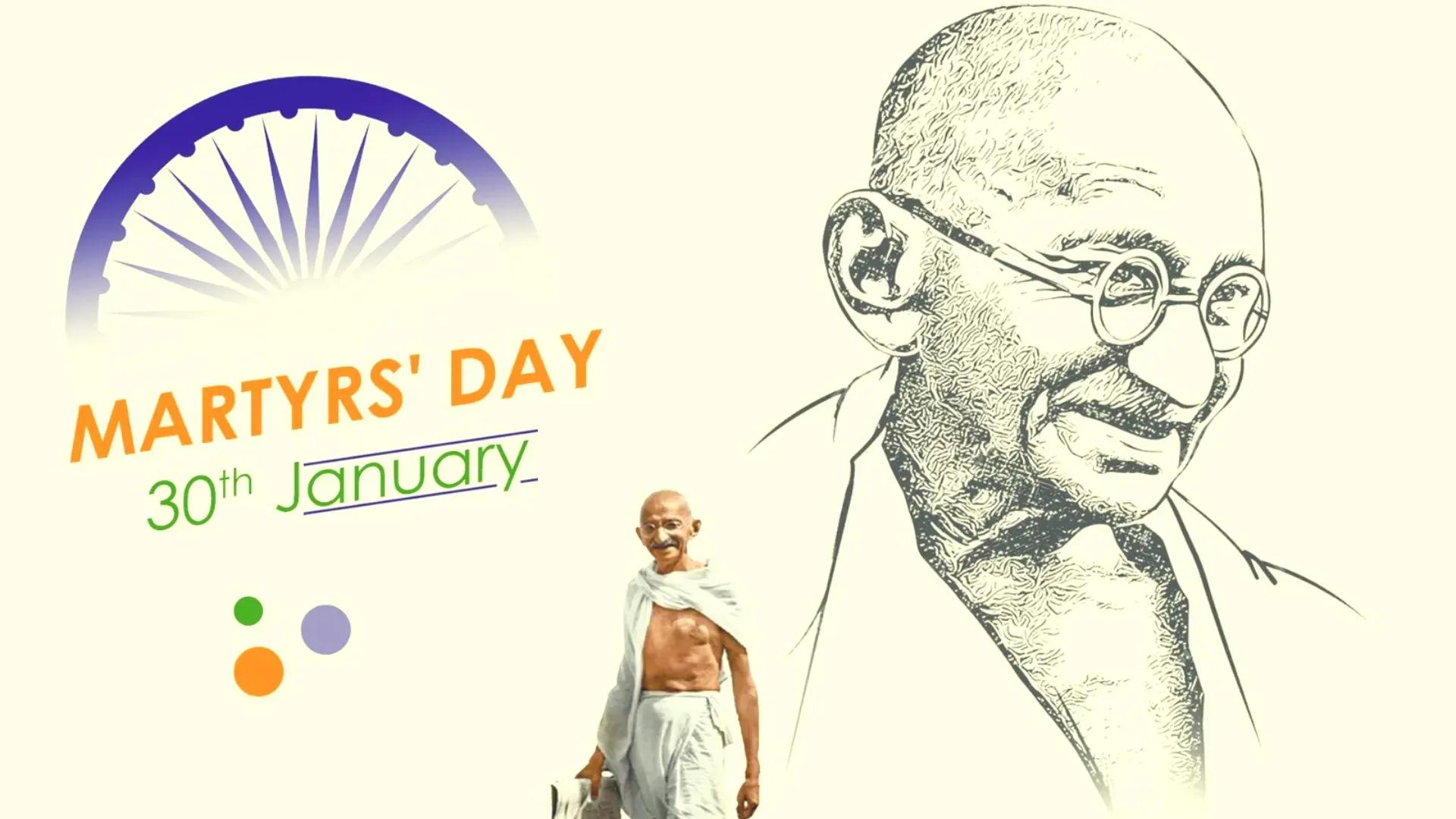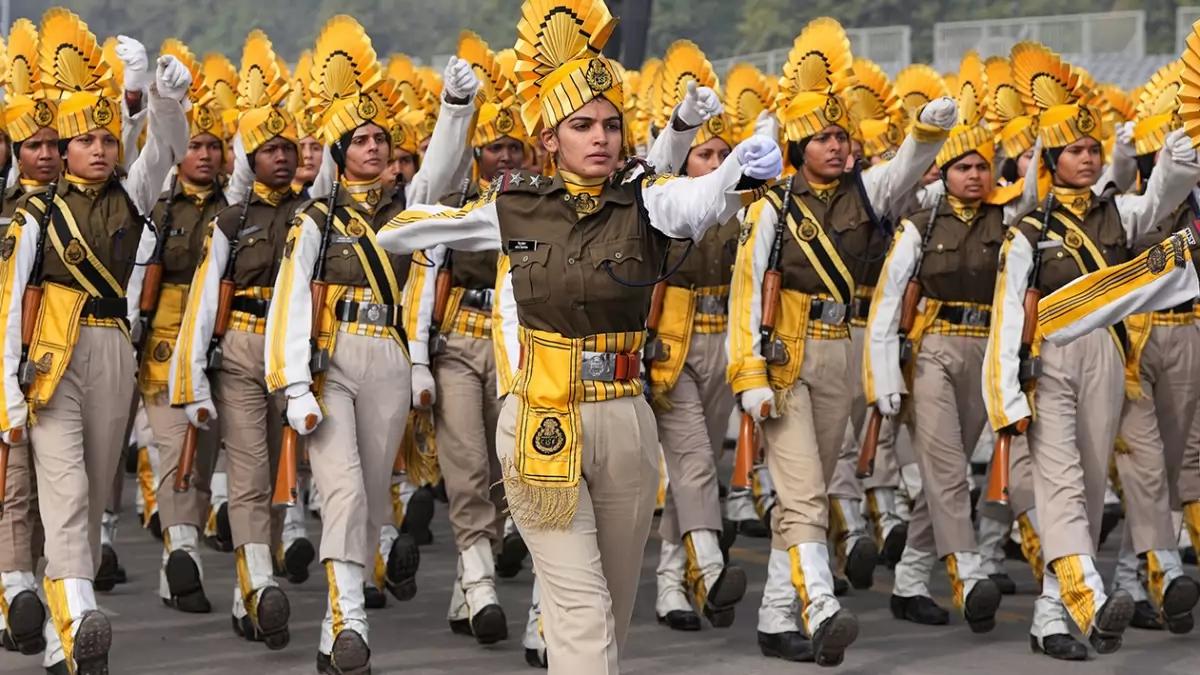Dr. Bhimrao Ramji Ambedkar, a figure synonymous with social justice and constitutional reform in India, epitomized the struggle against entrenched social inequalities. Born into a society steeped in caste discrimination, Ambedkar's journey from a marginalized Dalit to the chief architect of the Indian Constitution is a narrative of resilience, brilliance, and relentless advocacy for equality. His academic pursuits at Columbia University and the London School of Economics armed him with progressive ideals, which he later integrated into the fabric of the Indian Constitution. This blog aims to explore the multifaceted life of Ambedkar, unravelling how his relentless fight against caste discrimination, his legal acumen, and his transformative social vision culminated in the formation of a democratic and inclusive India.
- Blogs
- Indian Independence
- B R Ambedkar Father Of Indian Constitution 65a8b6ea14e5bf000128f371
B.R. Ambedkar: Father of Indian Constitution
Indian Independence • 18 Jan, 2024 • 23,923 Views • ⭐ 2.7
Written by Shivani Chourasia

Early Life and Education
![100+] Dr Babasaheb Ambedkar Wallpapers | Wallpapers.com](https://wallpapers.com/images/featured/dr-babasaheb-ambedkar-t6jhnpozp0y47kxj.jpg)
B.R. Ambedkar, born in 1891, experienced firsthand the brutalities of caste discrimination. Despite these challenges, his thirst for knowledge led him to Columbia University and the London School of Economics. His time abroad was transformative, exposing him to global democratic principles and social justice ideals. Ambedkar's academic prowess shone brightly, earning him a reputation as an exceptional scholar. This period was crucial in shaping his perspective on social reform, ultimately influencing his future work on the Indian Constitution. His educational journey, marked by perseverance and brilliance, laid the foundation for his role as a constitutional architect.
Anti-Caste Crusader and the Poona Pact
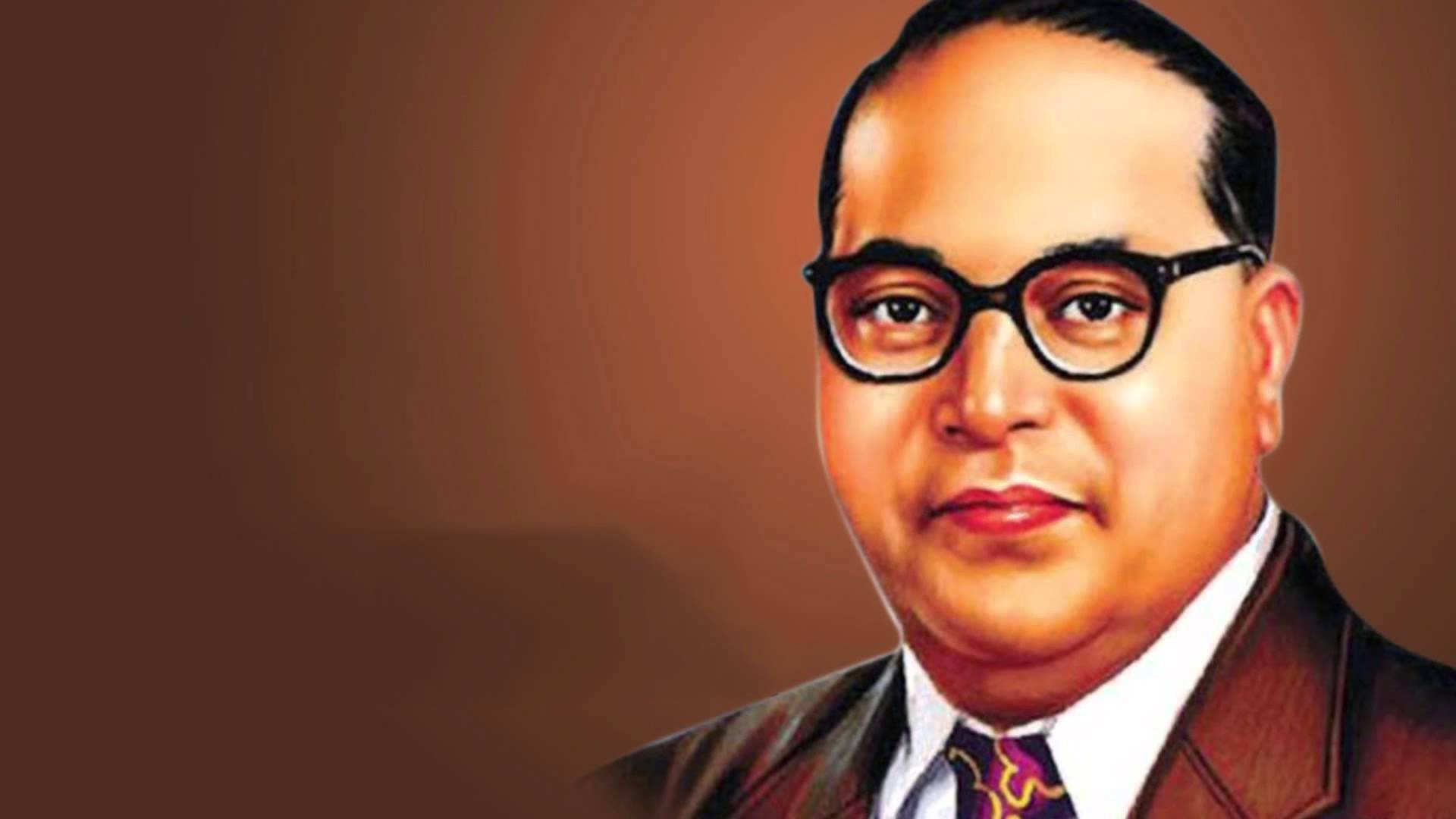
Ambedkar's relentless fight against caste discrimination peaked with the historic Poona Pact of 1932. As a fervent anti-caste activist, he advocated for the rights of the Dalits, challenging deep-rooted social injustices. The Poona Pact, a watershed moment in Indian politics, came after Ambedkar's intense negotiations with Mahatma Gandhi. This agreement granted reserved seats for the depressed classes in the Provincial and Central legislative assemblies. Ambedkar's leadership in this pact underscored his commitment to social equality and political representation for the marginalized. It was a significant step towards eradicating caste barriers, showcasing Ambedkar's strategic brilliance and unwavering dedication to social justice.
INDIAN INDEPENDENCE QUIZ • 10 QUESTIONS • 2 MINS
We've got a Indian Independence quiz for you!
TAP TO PLAY

Drafting the Indian Constitution

Dr. B.R. Ambedkar's role in drafting the Indian Constitution is a monumental testament to his vision for an equitable India. His contributions were multifaceted, encompassing various aspects of the Constitution:
- Chairmanship of the Drafting Committee: Ambedkar's leadership in the Drafting Committee was crucial. His legal expertise and deep understanding of social inequities guided the complex deliberation process.
- Fundamental Rights and Social Justice: He was instrumental in embedding comprehensive Fundamental Rights in the Constitution, ensuring equality and prohibiting discrimination, truly reflecting his commitment to social justice.
- Preamble and Democratic Ideals: As the architect of the Preamble, Ambedkar laid down the philosophical foundation of the Constitution, emphasizing the principles of justice, liberty, equality, and fraternity.
- Secularism and Parliamentary Democracy: His vision of a secular India is evident in the Constitution. He advocated for a democratic framework, emphasizing a balanced parliamentary system.
- Federal Structure and Judiciary: Understanding India's diversity, he pushed for a federal structure with a strong, independent judiciary, ensuring a balance between state and central powers.
- Directive Principles and Fundamental Duties: Ambedkar also helped frame the Directive Principles of State Policy and Fundamental Duties, guiding the nation towards a just and equitable society.
These contributions by Ambedkar were not just in drafting the legal document but in infusing the Constitution with a progressive, inclusive ethos, making it a living testament to his vision for India.
Ambedkar's Conversion to Buddhism

In 1956, Ambedkar's disillusionment with the caste system led him to convert to Buddhism, marking a significant turn in his life and Indian social history. This conversion was not merely a personal spiritual choice but a symbolic act of protest against the caste discrimination prevalent in Hindu society. By embracing Buddhism, Ambedkar rejected the social hierarchies that had oppressed Dalits for centuries. His conversion inspired millions of his followers to adopt Buddhism, seeking an egalitarian path free from caste prejudices. This move was also a reflection of his lifelong quest for social reform, as Buddhism's principles of equality and compassion resonated deeply with his vision for a just society.
INDIA QUIZ • 10 QUESTIONS • 2 MINS
We've got a India quiz for you!
TAP TO PLAY

Legacy and Impact

Ambedkar's legacy extends far beyond his role as the architect of the Indian Constitution. He emerged as an icon of untouchability abolition and a beacon of hope for millions of oppressed Dalits. His efforts in social reform, education advocacy, and legal scholarship have left an indelible mark on Indian society. Annually, on Republic Day, India celebrates the adoption of the Constitution he helped craft, a testament to his enduring impact. His ideas continue to inspire movements for social equality and justice across the nation and the world. Ambedkar's life journey from a marginalized individual to a national leader exemplifies the power of resilience and the relentless pursuit of social justice.
Conclusion
Dr. B.R. Ambedkar's journey, from the shadows of caste oppression to the forefront of India's constitutional development, is a narrative of extraordinary courage and intellect. His role in drafting the Indian Constitution was not just that of a legal scholar but of a visionary who sought to embed the principles of equality, justice, and fraternity in the fabric of Indian society. As we observe Republic Day and celebrate the Constitution, Ambedkar's legacy as a social reformer, an advocate for the marginalized, and a constitutional architect continues to resonate. His life's work serves as a beacon, guiding India's path towards an inclusive and equitable future, embodying the true spirit of the Constitution he helped create.
Test your knowledge of Indian Independence. Visit: https://4123.play.quizzop.com/indian-independence-quiz/category
Rate this article
Other articles you may like
India's Journey: From British Rule to Republic
Indian Independence • 18 Jan, 2024 • 23,637 Views
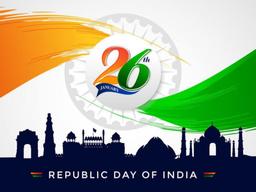
Indian Constitution Preamble: Values and Significance
Indian Independence • 18 Jan, 2024 • 23,970 Views
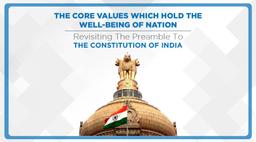
National Unity Day 2023: Honouring Sardar Patel's Legacy
Indian Independence • 31 Oct, 2023 • 36,460 Views
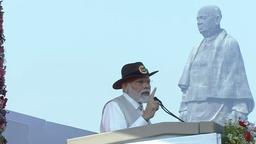
Celebrating India’s 77th Independence Day 2023
Indian Independence • 14 Aug, 2023 • 20,312 Views

India's Top 5 Independence Era Struggle Places
Indian Independence • 4 Aug, 2023 • 25,480 Views

